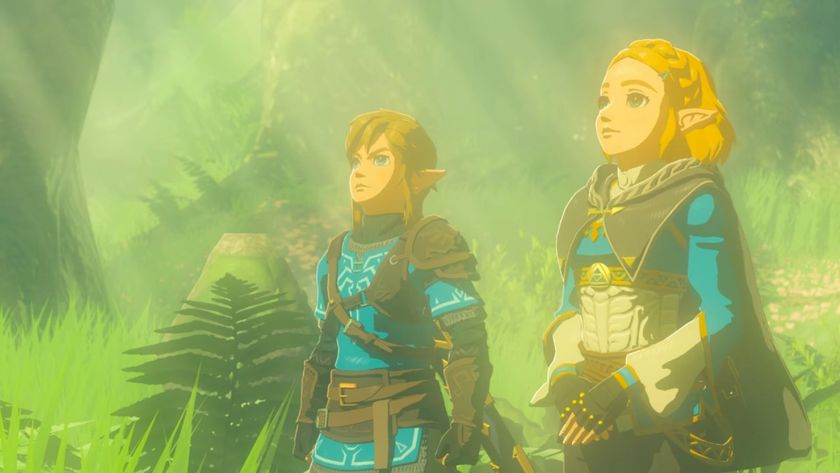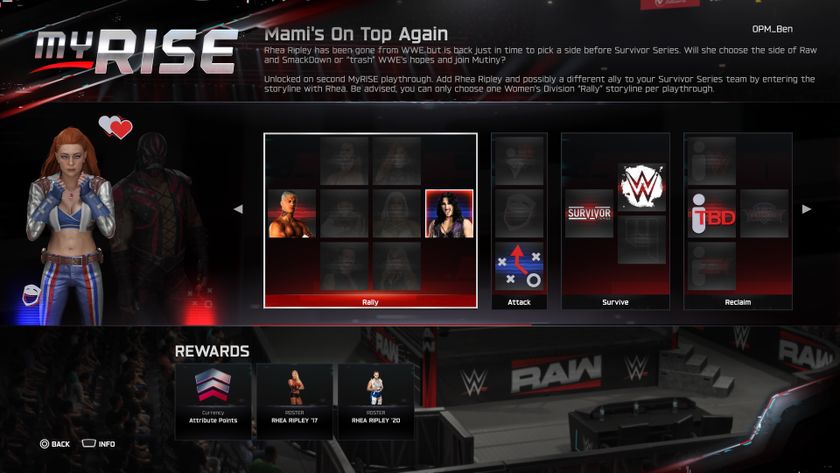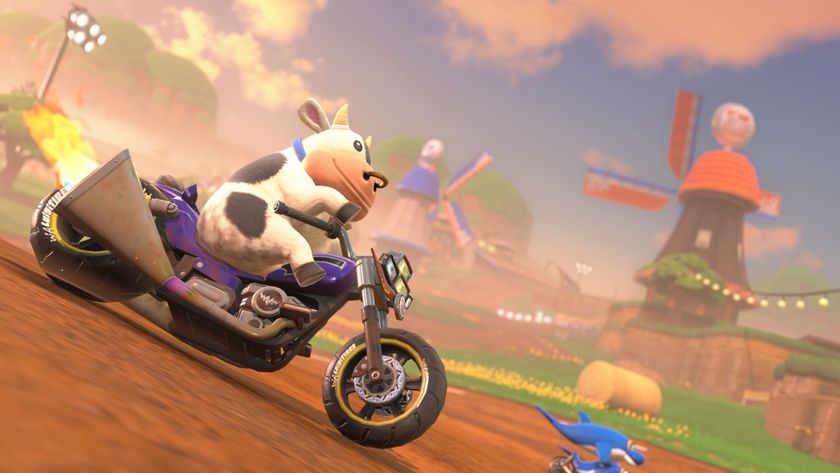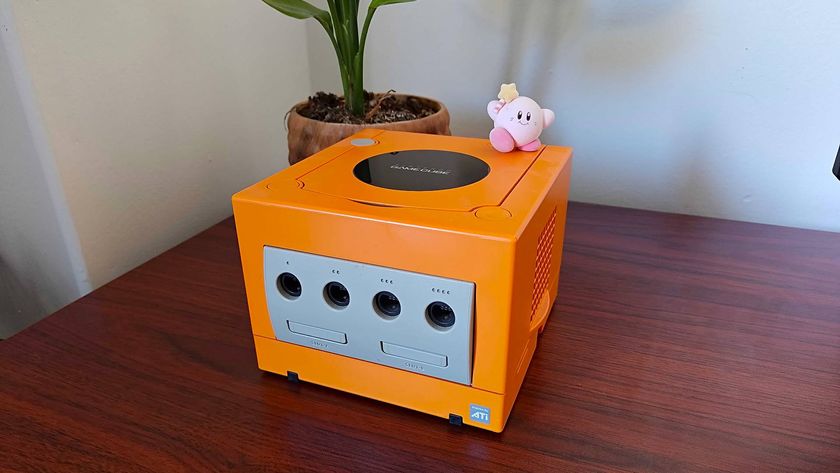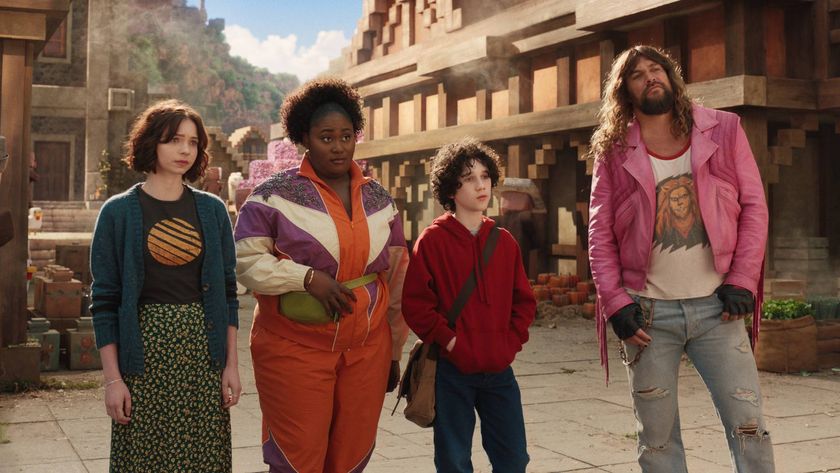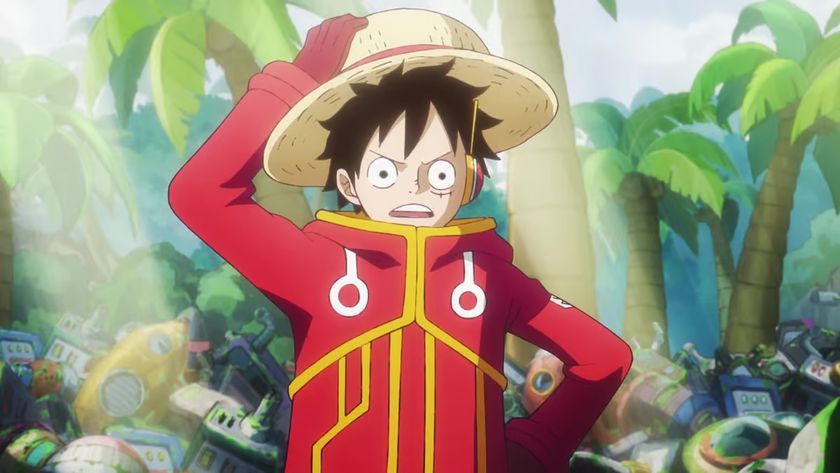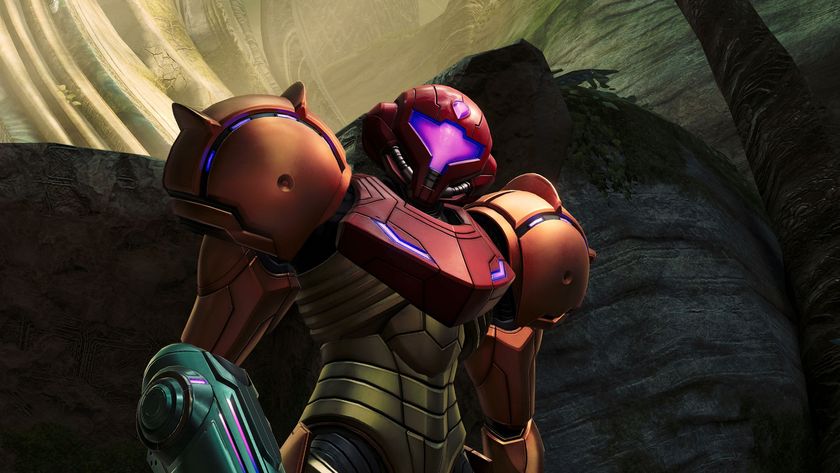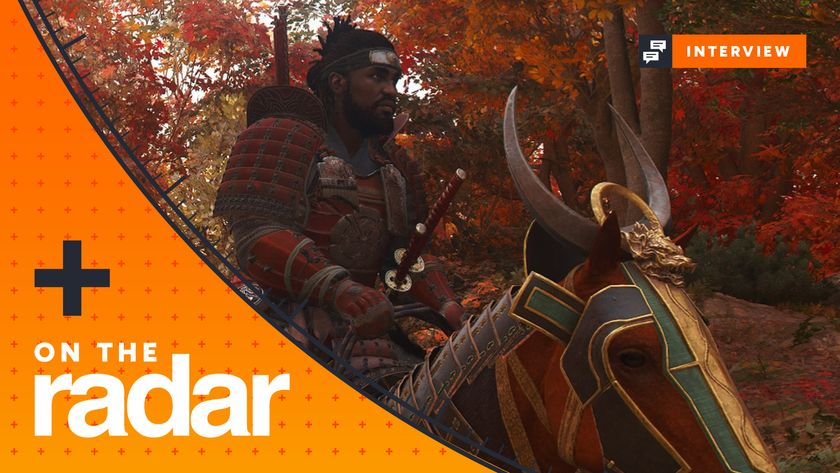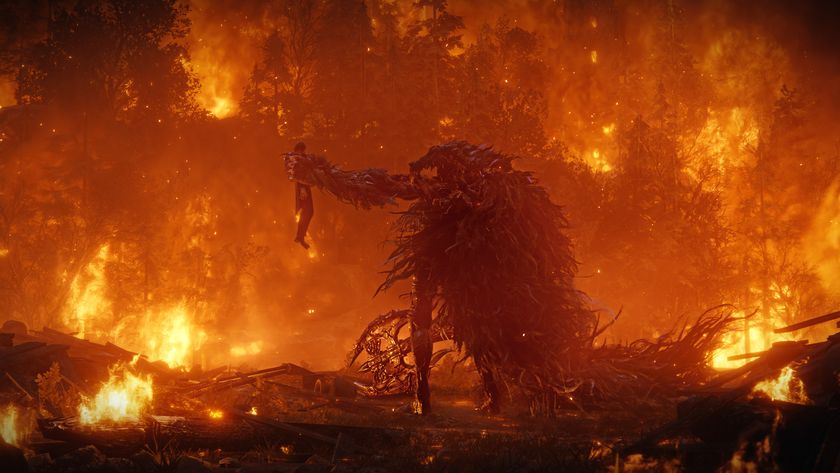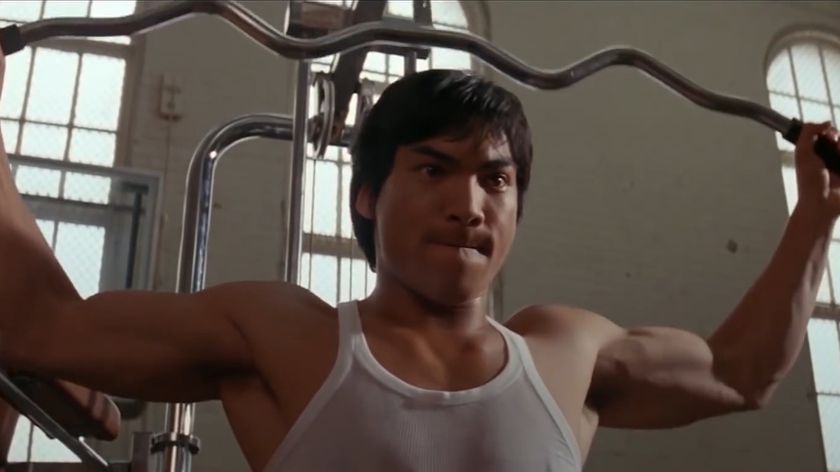Sifu wants you to break walls and faces like Jackie Chan in its time-bending Kung Fu fighter
Age is more than just a number
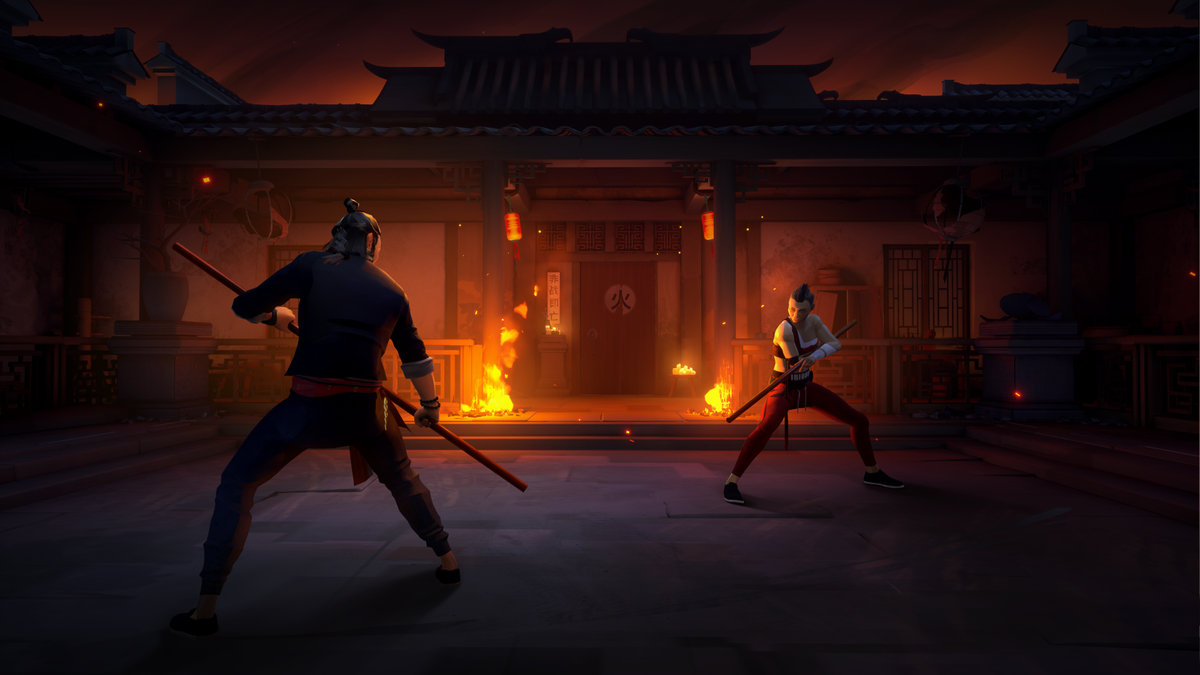
We’re in a Sifu nightclub, but the scene resembles last orders at a Scottish wedding. To the protagonist's left, an upturned table lies in bits. To their right, shards of broken glass carpet the wooden floor. Bloodied, unconscious bodies snake from the entrance to the seating booth within which our hero now finds themselves trapped. Five aggressors creep forward, fists clenched, and it ain't looking good for the star of the show.
That is, until they scale the wall at their back, hop onto the mezzanine, grab an empty bottle, and smash it square into the face of an oncoming baddie as they rush up the stairs. The tumbling foe wipes out his peers like a falling rock and, in a flash, the balance of power has shifted.
"One thing we wanted to focus on is using the environment to your advantage," says Sifu executive producer Pierre Tarno, as he talks through a hands-off gameplay demo of developer Sloclap’s upcoming Kung Fu fighter. "Sifu is a tale of vengeance inspired by Asian martial arts action movies, and in this example, you're getting cornered, it's backs to the wall, and you climb in order to get some distance between yourself and your enemies. Now you have the edge, and can get the drop on them."
"Jackie Chan is an inspiration here, not for the action comedy type of vibe, but more in combat where it's one vs multiple enemies, you're getting surrounded, you have to use the environments around you, and you have to be agile – be that with makeshift weapons or when climbing up somewhere to prevent yourself from getting cornered."
Tight squeezed
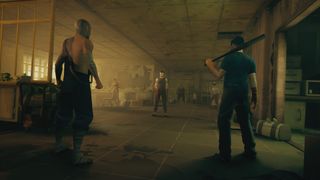
The above scene may not be ground-breaking in the grand scheme of action brawlers, but it is a marked change from the more meticulous weapon loadouts and refined fighting styles found in Sloclap's previous game, Absolver. There, MMO-light mechanics underpin 1v1 PvP combat, whereas Sifu is an entirely single-player affair where things move quicker and fisticuffs are frantic.
As such, mental sharpness is as vital to your survival as nailing the game's multitude of combination attacks, as you stare down wave upon wave of disgruntled enemies. Precision and timing are definitely still crucial in Sifu – especially when breaking enemies' stamina-like, guard-breaking 'structure gauges', while simultaneously defending your own – but more here is left to circumstance and presence of mind, as both you and your foes react to the changing world around you.
In a later scene, set within the bowels of an illegal fight club, the player is seen being rushed by two burly Kingpin-looking security guards, before being slammed against a wall. The impact causes a length of plywood to burst from the plasterboard at the player's back, which they grab, and swiftly begin swinging at one of the big lads.
Sign up to the 12DOVE Newsletter
Weekly digests, tales from the communities you love, and more
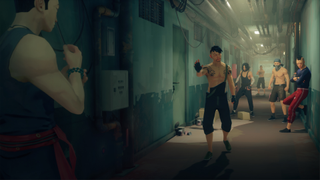
"At first, you might feel invulnerable, but the twist is that every time your character revives, you age. The more you die, the faster you're going to age."
Pierre Tarno, executive producer
As they do, the other brute hurls a china bowl from across the narrow room, which whizzes just over the player's shoulder – a less than subtle reminder enemies have the same capacity to react to the current situation as you. Watching on, it's difficult not to feel stifled, which is, of course, the point.
"In our very first vision of the game, having a lot of environmental interaction was something we aimed for," Tarno adds. "In some situations you find yourself with very little to pull on, which means you're going to have to rely purely on your fighting skills."
"Other situations are built to give you options with different tools and different layouts. Are there stairs? Are there couches? Are there tables? Can I climb up there? This is organised so that high-level challenges can be addressed because you've got more tools at your disposal in tight situations. Generally, we want to encourage players to play different ways, be that more aggressive or more defensive. You don't have to use the environments, but you should. It's usually beneficial to your survival."
Streets of age

Should you fall during any of these breakneck forays, Sifu's central ageing mechanic comes into play. The hands-off gameplay demo I'm shown doesn't exhibit ageing in motion, but, in essence, every death in Sifu ages the player some years, until, eventually, they expire.
For Tarno and his team at Sloclap, it's primarily a neat way to mess around with death, but likewise pays deference to higher-brow themes of honour and mortality as framed by Kung Fu – "is one life enough to master Kung-Fu?" says Tarno – while asking the player: how much of your life are you willing to give for vengeance?
In-game, your story unfolds over a 24-hour cycle, set at various times in the day, spread across five levels inspired by Chinese mythology, as you hunt down five assassins and their families.
"When your character dies, when you've been beaten up by the enemies and you have zero HP, instead of going back in time, starting the level from scratch or at another checkpoint, you actually revive on the spot in front of your enemies," continues Tarno. "If you're in a situation where there were ten enemies, you've taken down four of them, and you die, you're actually going to stand up and take on the remaining six."
"At first, you might feel invulnerable, but the twist is that every time your character revives, you age. The more you die, the faster you're going to age."
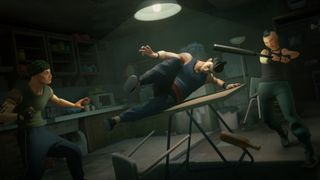

You didn't play Sifu developer Sloclap's previous game, 2017's action-fight 'em up Absolver? Read our Absolver review before checking out its "intensely satisfying melee combat".
For Tarno, Sifu in turn reflects the meaning of Kung Fu – 'mastery through practice' – which, from a mechanical standpoint, presents itself in-game via a suite of fighting combos.
From blocking to parrying, takedowns to dashes, verbal threats to smacking someone upside the head with a virtuous two-by-four, the variety with which you can approach Sifu's set-tos will likely call for multiple replays. Throw its ageing mechanic into the mix, and all the pros and cons that entails, and you've plenty to think about in your quest for blood. Some skills are only available to young fighters, for example, while others are reserved for more mature fighters. Older fighters will deal more damage, but will in turn be weaker in defence.
Tarno tells me that ageing has direct implications on your path to vengeance. As a young pup, you're bound to feel invincible – what with all that on-the spot-reincarnation – but, as you age, you'll learn to appreciate the gravity of your actions and, crucially, that every mistake counts.
It's a fascinating concept, and a novel spin on risk versus reward as it relates to video game combat. With its contained, seemingly linear and often claustrophobic fighting arenas, you'd be forgiven for thinking Sifu has less in the way of choice than its predecessor at first glance. But scratch beneath its familiar action fighter veneer, and its inventive ageing mechanic and manipulatable, and thus deceptively complex, environments offer so much more than meets the eye.
As announced at the July PlayStation State of Play, Sifu has been delayed to February 2022. Would I sacrifice a few months of my life to go hands on right now? From what I've seen so far, I think I would.
Sifu is due on February 22, 2022 for PS4, PS5, and PC via the Epic Games Store.

Joe Donnelly is a sports editor from Glasgow and former features editor at 12DOVE. A mental health advocate, Joe has written about video games and mental health for The Guardian, New Statesman, VICE, PC Gamer and many more, and believes the interactive nature of video games makes them uniquely placed to educate and inform. His book Checkpoint considers the complex intersections of video games and mental health, and was shortlisted for Scotland's National Book of the Year for non-fiction in 2021. As familiar with the streets of Los Santos as he is the west of Scotland, Joe can often be found living his best and worst lives in GTA Online and its PC role-playing scene.

